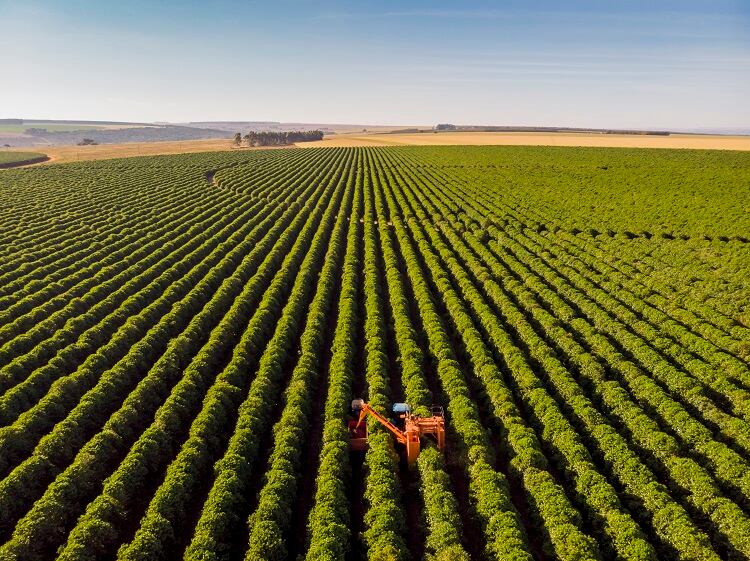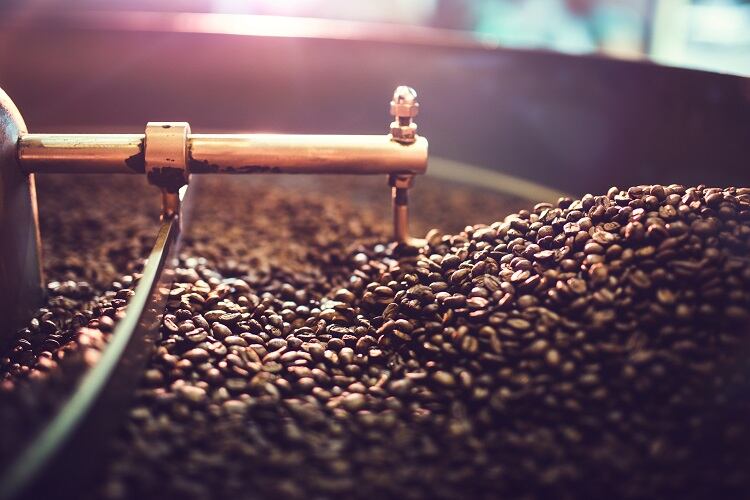Much like humanity itself, coffee originated in Ethiopia. In the 15th century, it was cultivated and produced in the Ottoman Empire, where it became a popular alternative to alcohol in the Muslim-majority region. It later spread into Europe in the 16th and 17th centuries. Coffeehouses in cities such as London were centres of political and economic discourse, considered meeting-places of the age’s intelligentsia.
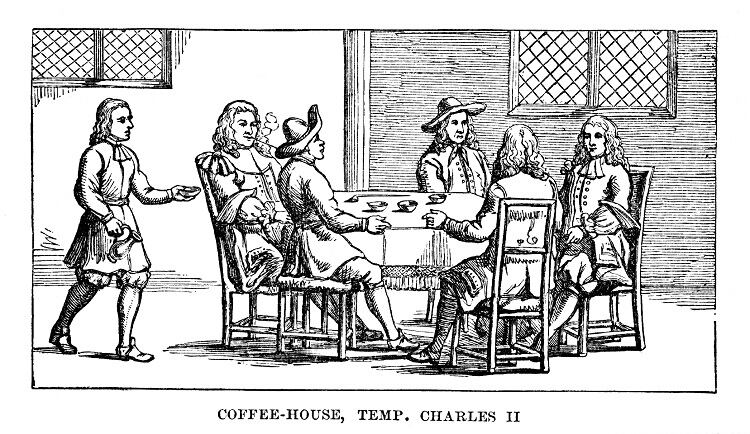
Today, coffee is grown all over the world, from Brazil to India, Uganda to Indonesia (and of course, Ethiopia). There are two types of coffee bean; the Arabica, which must grow at high altitudes and is considered more refined, and Robusta, which is hardier and easier to grow.
Single origin coffee is coffee that originates from one country, rather than a blend of beans from different places. This doesn’t necessarily mean all the beans come from a single climate - as of course large countries like India and Brazil produce a range of different climates - but they do have a clear national origin.
The appeal of single-origin coffee
The growing market for single-origin coffee is not itself single-origin, but has a variety of causes. People like to know where the coffee they’re drinking is from, but they also perceive single-origin coffee as higher quality.
“The coffee industry has become increasingly complex and European coffee consumers are also becoming more knowledgeable and demanding more traceability from their products than even before,” said Ilaria Abagnale, senior consultant for beverages at market research company Euromonitor International.
Traceability is highly important for consumers, as unlike with blends, they have a clear idea of the beverage’s journey. “Inquisitive coffee drinkers can easily trace the entire bean-to-cup journey and understand the impact of growing conditions on the flavour profile,” Abagnale told us.
“On the contrary, coffee blends can come from many different origins with less traceability, and potentially less clarification into the unique growing and processing methods to bring out unique qualities of one bean.”
This is important because people care about health. Single origin coffee is “free of chemicals like pesticides, mycotoxins and mould that can be harmful to health. Indeed, single-origin coffee cultivation often prohibits the introduction of chemicals that might be present when combining a range of beans from various regions, climates, temperatures, and agricultural techniques.”
There is also the case of variety, of people wanting to try out a range of different tastes. “Coffee enthusiasts and professionals tend to gravitate more toward single-origin coffee because of the original characteristics that are associated within a given origin, region, farm and micro-lot. There are notable tasting notes which are represented by a given location.”
“Singles origin specialty coffee has unique flavour notes and body so, like wine or scotch (whiskey), people can find the profile they love,” Jamie Robertson, CEO of coffee shop Roasting Plant, which produces a variety of coffee, told FoodNavigator.
“This knowledge is more widely known, particularly after the last few years when people had time to really learn about coffee.” Roasting Plant not only provides single-origin coffee, but roasts in-shop using their Javabot Coffee System.
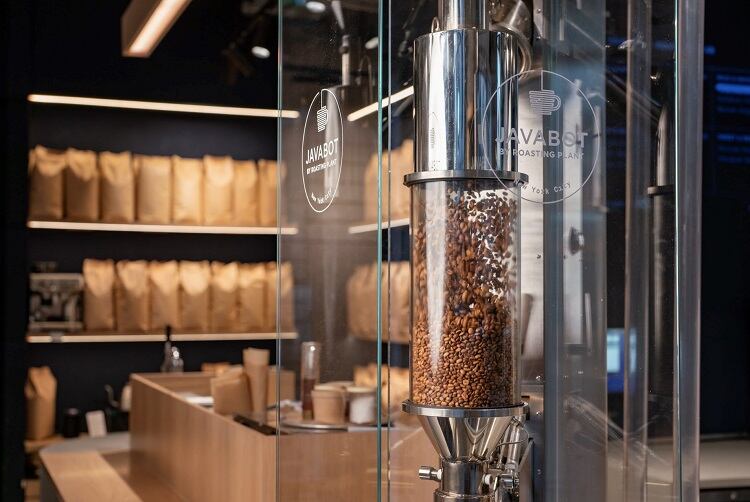
“Working with single-origin espresso requires a barista to devote more attention and care,” added Euromonitor's Abagnale, “slowing down the brewing process and providing unique taste profiles.
“Single origin coffees taste better standing alone, without milk or sugar. They’re perfect for pour overs and slow drip methods, which are rapidly growing more popular.”
Roasting Plant's Robertson also points to a fourth aspect of single-origin’s appeal: ethics. According to the CEO, consumers of single-origin care more about those at the bottom of the supply chain than they once did.
“Consumers are increasingly conscious about where their products come from an ethical perspective, and despite increases in the general cost of living, many are still willing to pay more for a product if it means growers and farms are getting paid what they deserve.
“Specialty coffee is created by experienced farmers who have developed the finest coffee available. It’s a labour of love – planted, picked, sorted, washed and dried by hand. It’s also a more valuable crop so specialty farmers make more than fair trade so they can support their families and educate their children. Less than 20% of the coffee produced in the world is specialty grade.”
On the ground
Single-origin coffee means traceability, but also variety: coming from so many different places in the world means that the coffee is made in a range of different climates.
And indeed, Robertson’s Roasting Plant works with farms all over the world, and has a close relationship with farmers internationally.
“Our director of coffee, Genevieve, has built deep relationships over the years, working closely with small farmers,” Robertson told us.
“She helps to develop their coffee plants, implement better production techniques, conserve water, and protect the environment. This is a unique approach that is quite different from a typical “buyer” and we’re very proud of the work Gen does supporting farmers.”
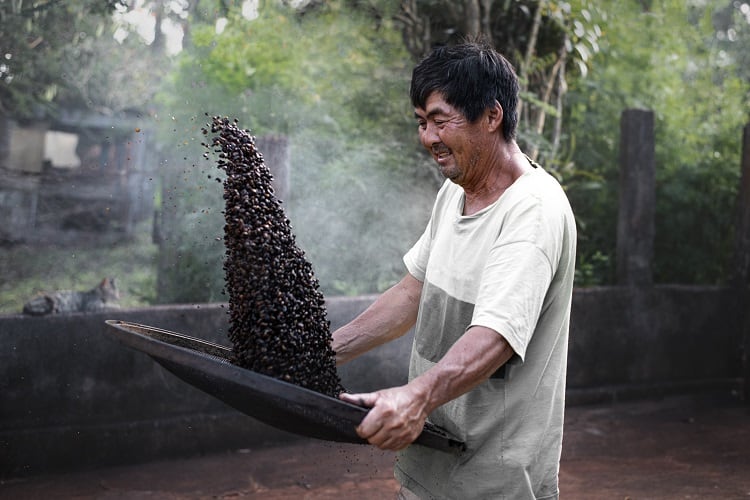
The climate and the sense of place is at the heart of single-origin coffee, and of what it means to consumers. And this sense of place has a real impact on how the coffee turns out.
“There are many factors that contribute to the cultivation of coffee,” Robertson told us, “For instance an arid vs humid climate, access to running water, shade vs direct sun growing, and especially the terroir - like with wine - will play a huge part in the different tastes a bean produces. We even source from a farm that is on the side of a volcano and produces an excellent cup!
“These variables produce single origin coffees with unique flavour notes and wonderful characteristics. Whether as an espresso, an espresso-based drink or brewed coffee, single origin specialty coffees and blends of these exceptionally produced coffees allows discerning coffee lovers to find their favourite for each method.”
The future for single-origin
However, despite its success, there are some downsides to single-origin coffee. For example, some have expressed doubts about its sustainability.
“Single origin coffees travel greater food miles to reach European shores (El Salvador, Colombia, Brazil, India),” Ananda Roy, Senior Vice President for Global Thought Leadership and Strategic Insights at market research company Circana, told FoodNavigator.
“Growing conditions are not always certified B-Corp or Fairtrade reliably (audits less often) and questions arise about the impact on the local community and net carbon footprint.
“The whole reason we have blends and a variety of roasts is scale - by definition there is not enough single-origin coffee to serve the market.”
Roasting Plant's Robertson, however, emphasised that Roasting Plant pays keen attention to sustainability and fair pay for farmers. “At Roasting Plant, our Director of Coffee travels around the world frequently to meet and create direct relationships with specialty farmers, who we always pay above Fairtrade price. Having a positive impact on the communities we work with is something we’re really passionate about as a business, and we also support various charitable organisations based in these destinations so the relationship goes beyond being purely commodity based.
“As all of our beans are roasted in store daily, we significantly reduce the road mileage associated with our coffee compared to most multi-store brands, and at the forefront of our operations is a continued commitment to keep our environmental impact low at both supply chain level and in store”.
Single-origin also still remains a niche market, compared with coffee as a whole. “It is important to note that single-origin coffee may not appeal to everyone as it can be too acidic or intense for many coffee drinkers," Euromonitor's Abagnale pointed out to us.
“In countries with a robust coffee culture like Italy, consumers tend to be less inclined to experiment compared to other markets like the UK, where numerous experimental coffee subscription models have recently emerged to promote the consumption of single-origin coffee.”
Yet at its current scale, Roasting Plant is still going strong. “We are constantly hearing from our customers asking for us to come to new places around the world,” Robertson told us. “The specialty market in Europe is the second largest after the US and filled with coffee lovers who would prefer a better-tasting freshly roasted made to order cup – so, we will be exploring plenty of opportunities in the future.”
Whether or not the single-origin market proves to be unsustainable remains to be seen. For now, it provides a speciality appeal to consumers who value taste, variety, and traceability.
